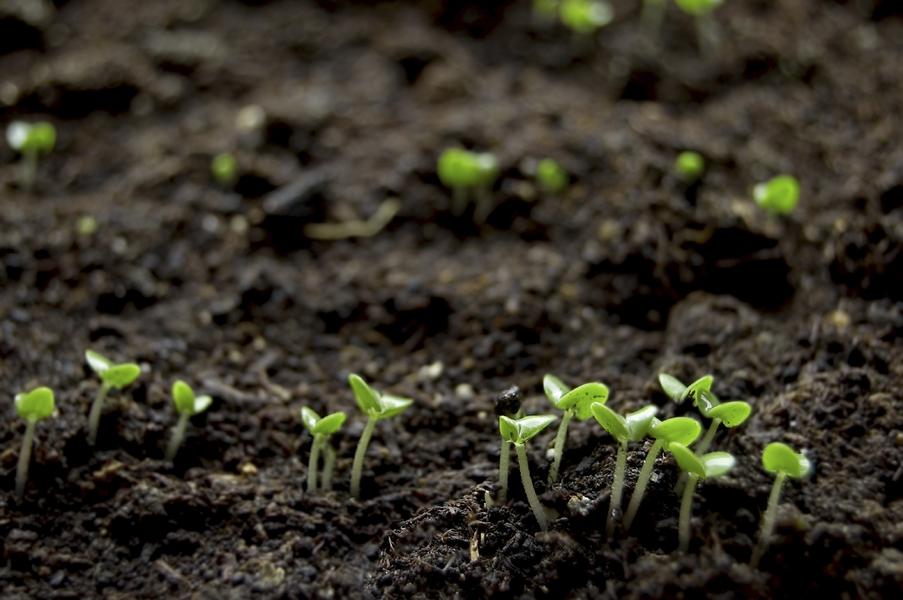This dirt-made antibiotic could kill drug-resistant germs


A free daily email with the biggest news stories of the day – and the best features from TheWeek.com
You are now subscribed
Your newsletter sign-up was successful
Scientists have discovered a new group of antibiotics that may be able to kill drug-resistant bacteria and germs.
The new drug, teixobactin, is created from bacteria that live in dirt and has been tested in lab experiments. Researchers described the antibiotic in a study published in the journal Nature on Wednesday, saying it is unlikely bacteria will become resistant to it.
The researchers created teixobactin by studying 10,000 strains of bacteria that live in soil and growing them in their natural dirt habitat. The scientists then isolated compounds from the bacteria, testing them alongside bacteria that cause disease. While most antibiotics target proteins in bacteria, Live Science explains, teixobactin kills bacteria by breaking down fat molecules on the cell walls, making it more difficult to develop resistance.
The Week
Escape your echo chamber. Get the facts behind the news, plus analysis from multiple perspectives.

Sign up for The Week's Free Newsletters
From our morning news briefing to a weekly Good News Newsletter, get the best of The Week delivered directly to your inbox.
From our morning news briefing to a weekly Good News Newsletter, get the best of The Week delivered directly to your inbox.
Since the scientists have only tested teixobactin in mice so far, its safety and effectiveness in humans aren't yet known. But it didn't cause side effects in the mice and did cure severe infections, including those resistant to antibiotics. The researchers hope to begin testing the drug on humans in two years, and it could be available within five or six years.
A free daily email with the biggest news stories of the day – and the best features from TheWeek.com
Meghan DeMaria is a staff writer at TheWeek.com. She has previously worked for USA Today and Marie Claire.
